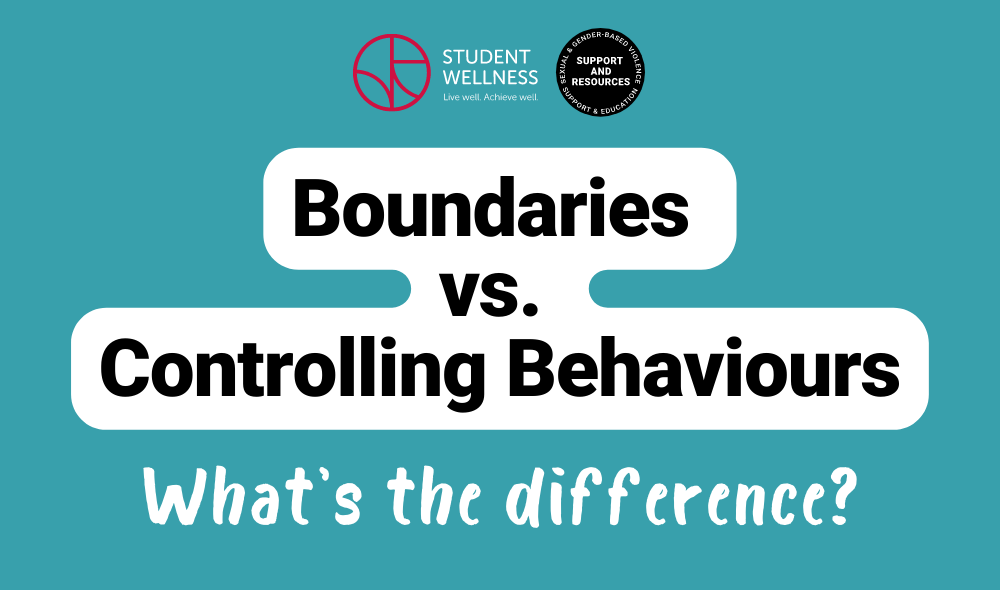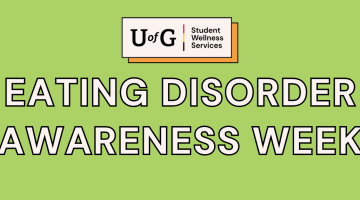Boundaries vs. Controlling Behaviours: What's the difference?

While it’s important that we collectively expand our knowledge on what boundaries are and how to set them, it’s crucial we understand the difference between boundaries and controlling behaviours.
What are boundaries?
Boundaries are ways we express our limits in our lives to protect our safety and well-being. Boundaries outline what we're willing to do and not do and how we react to others.
If you are setting a boundary, you will state what you will do, rather than try to state what the other person will do.
Example of boundary setting:
“If you continue to talk to me that way, I will need to end this conversation.”
What are controlling behaviours?
Controlling behaviours are attempts to tell other people what they can and cannot do.
Sometimes in an effort to control, requests/demands are sometimes paired with intimidation and threats if the requests/demands are not complied with.
Boundaries vs. Control: What's the difference?
A boundary is something we might set, not as a way to control others, but to express what we're willing and unwilling to engage with.
The goal of boundaries is to create limits around what safety, relationships and interactions look like for us.
Control is meant to make others do what you want them to do.
Boundaries vs. Control: Examples
Let’s look at two examples surrounding clothing and friendships to help us understand how boundaries look differently than controlling behaviours.
Example 1: Clothing
- Boundary: Choosing what clothing you wear based on your comfort levels.
- Controlling behaviour: Telling someone what they can and cannot wear based on your comfort levels.
Example 2: Friendships
- Boundary: Making a personal choice to create distance in one of your friendships to prioritize your well-being.
- Controlling behaviour: Telling someone who they can and can't be friends with.
Boundaries vs. Control: Why is this distinction important?
Often we are conditioned to put other people’s needs before our own.
If people frame controlling behaviours as boundaries, it normalizes and justifies harmful behaviours and minimizes our personal agency and control.
Reminders and Resources:
You deserve to feel safe and to have your boundaries be respected.
If you are ever feeling controlled or that your boundaries are being violated know that resources are available:
- Sexual and Gender-Based Violence Support Coordinator at UofG (Confidential, Self-Referral): 519-824-4120 x53020, svinfo@uoguelph.ca
- UofG Counselling Services: 519-824-4120 x53244 (Drop in support available Monday-Friday 1:30-3:30pm, In-person and virtual options are available)
- Guelph-Wellington Women In Crisis: 1-800-265-7233 (24-hour Crisis Line for all genders)
- Guelph General Hospital Sexual Assault & Domestic Violence Care Centre: 8:30am to 4:30pm 519-837-6440 x2728, after business hours: x2210



